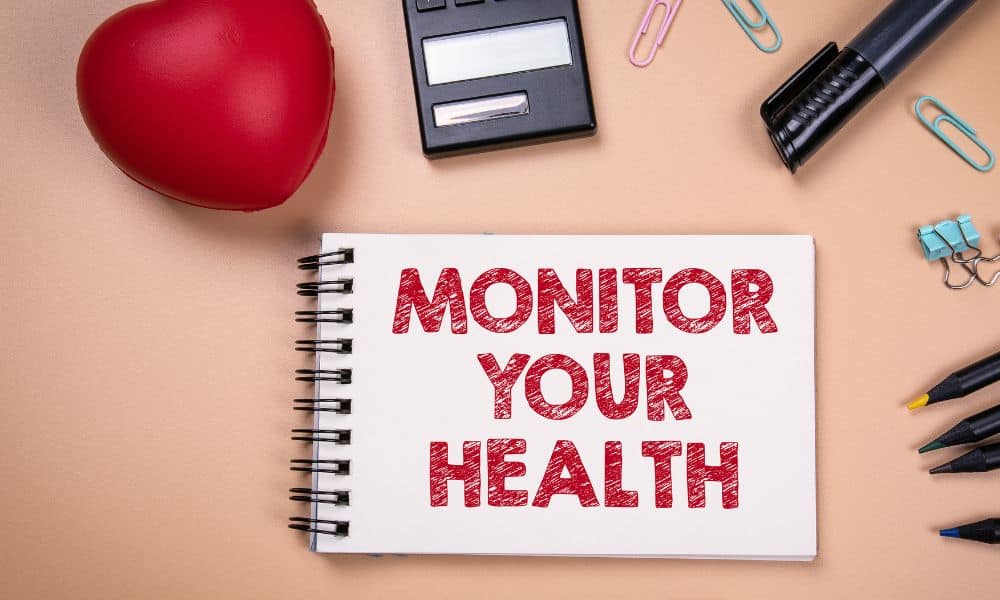Do you want to know how to monitor your health as your age? Taking care of your health as you get older is a necessary evil. People are more prone to illness in their later years, so they must take up healthy habits that keep their health monitored.
If you want to take charge of your health but aren’t sure which steps to follow, consider the following information as a general guide.
Beyond this information, speak with your healthcare provider to determine the most effective healthy living plan.

Go To Your Appointments
Assuming you have a primary care doctor, attend your annual appointments to get the yearly checkups you need for your health. You might detect early signs of disease early on and take measures to rule out the progression of such diseases because of your proactiveness.
Your annual appointments should be an essential part of your health plan, but it is certainly not the only health care checkup you should participate in regularly.
In addition, you want to look for warning signs of illness and disease that are common for individuals in their later years. Look for essential tremor symptoms and visit your provider to address these issues as soon as possible.
Tremors do not show any severe health concern beyond the issue itself. Still, it can be an early sign of dementia, Parkinson’s disease, or other severe illnesses.
Therefore, taking steps to rule out the significance of your symptoms early is the safest way to take charge of your health and avoid consequences like stroke.
Manage Stress
As we get older, our ability to handle stress may subside, predominately on a physical level. We are more likely to get a heart attack or have another stress-related illness manifest as older adults, as our immune systems and physical well-being are not as resilient as they once were.
Therefore, it is essential to practice stress reduction techniques that work for you and perhaps speak with a mental health provider who can give you additional emotional support as you age.
Managing stress well can cause an extended lifespan, improved quality of life, and overall enhanced well-being for those who actively engage in behaviors that minimize their stress levels.
Do what you can to keep stress at bay. Get involved in your community and seek social support to connect with others and relieve stress through connection. Journaling, meditating, and going on walks in nature are also therapeutic ways to manage your stress. See what works best for you.

Daily Exercise
Besides attending your health visits and ruling out symptoms, you need at least 30 minutes of exercise daily. If this goal is too ambitious for you, work out a plan with your doctor to continue to improve your physical health through exercise.
You can combine intense and low-impact exercise to benefit your heart, muscles, and joints. Health, rather than calorie deficit, is essential in later years, so prioritize your strength and endurance over other aspects of health to stay on top of your well-being.
The Last Word on How to Monitor Your Health as You Age
Monitoring your health as you age is a practice of maintenance and upkeep. Verify with your healthcare provider that you are in good health and take up healthy lifestyle habits in-between your visits.
Manage stress, get moving, and take preventative measures to care for symptoms. Your health matters, so take the above steps to keep your health in the best shape possible!




